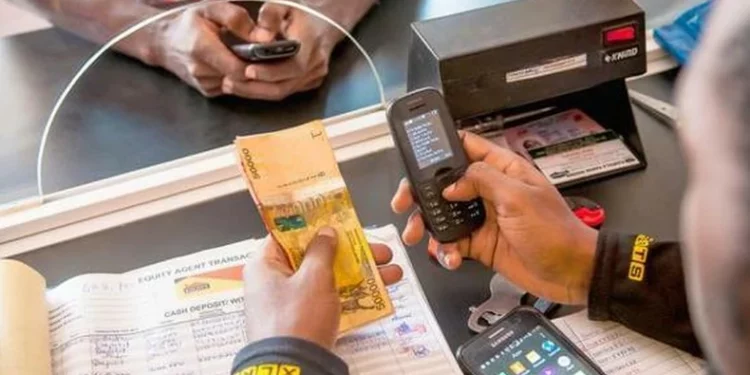Ghana: Report reveals e-money customers rise to 19.9 million
This transformation in the country’s financial landscape can be attributed to the proactive role played by the Central Bank in cultivating a robust FinTech ecosystem, particularly in payment services. This was facilitated through the enactment of the Payment Systems and Services Act, which served as a catalyst for growth.
The growth of electronic transactions and electronic money (e-money) customers in Ghana has been nothing short of remarkable, highlights the report titled “The Supervision of FinTech in the African Region: The Case of Ghana.”
Per the report, by September 2022, the number of active e-Money customers had reached an impressive 19.9 million, a significant milestone that mirrors the population of individuals aged 15 and above, representing an astounding 141 percent increase from January 2020.
Moreover, the report underscores the substantial expansion in the value of e-Money transactions during the pandemic, tripling in volume.
This transformation in the country’s financial landscape can be attributed to the proactive role played by the Central Bank in cultivating a robust FinTech ecosystem, particularly in payment services. This was facilitated through the enactment of the Payment Systems and Services Act, which served as a catalyst for growth.
Under the regulatory framework provided by the Payment Systems and Services Act, the Bank of Ghana (BoG) delineated six distinct categories of FinTech licenses. These encompass the Dedicated Electronic Money Issuers, Payment Service Providers (PSP) divided into three tiers (Standard, Medium, and Enhanced), Payment Service Provider Schemes designed to cater to associations of PSPs, and the final category, Payment and Financial Technology Service Providers.
As of the close of 2022, the BoG had granted a total of 46 licenses, with the majority of these being issued to Enhanced PSPs. This demonstrates the increasing significance of these entities within the financial landscape of Ghana.
The report also sheds light on the pivotal role played by the Fintech and Innovation Office (FIO) in overseeing licensed FinTech firms. The FIO functions as a multifaceted department, combining licensing and authorization, offsite and onsite supervision, research and policy strategy development, Fintech promotion, and the management of the bank’s regulatory sandbox and innovation hub.
Additionally, it serves as the primary point of contact with the FinTech industry. This integrated approach reflects the comprehensive commitment of Ghana’s regulatory authorities to foster a thriving and secure FinTech ecosystem.
Source:norvanreorts


